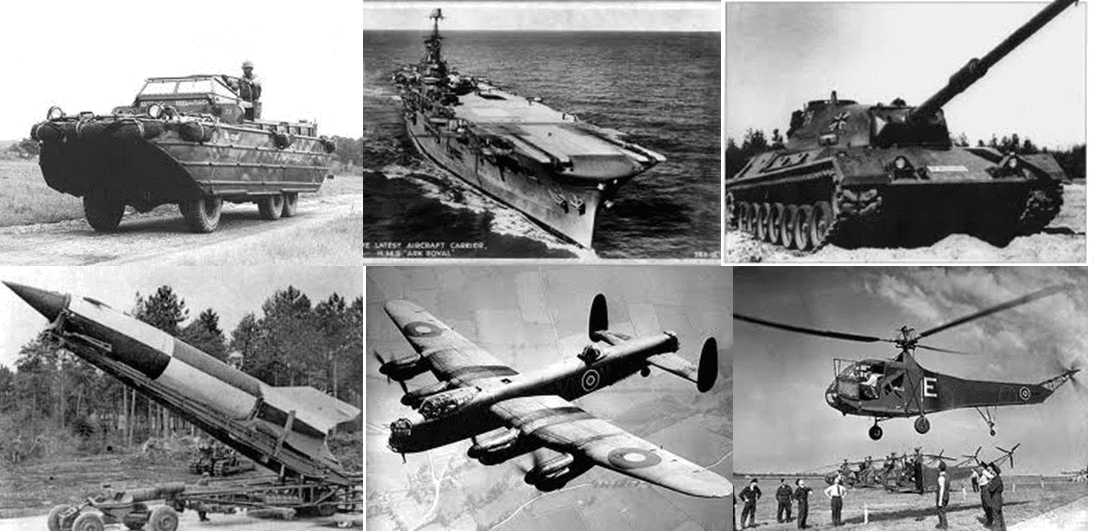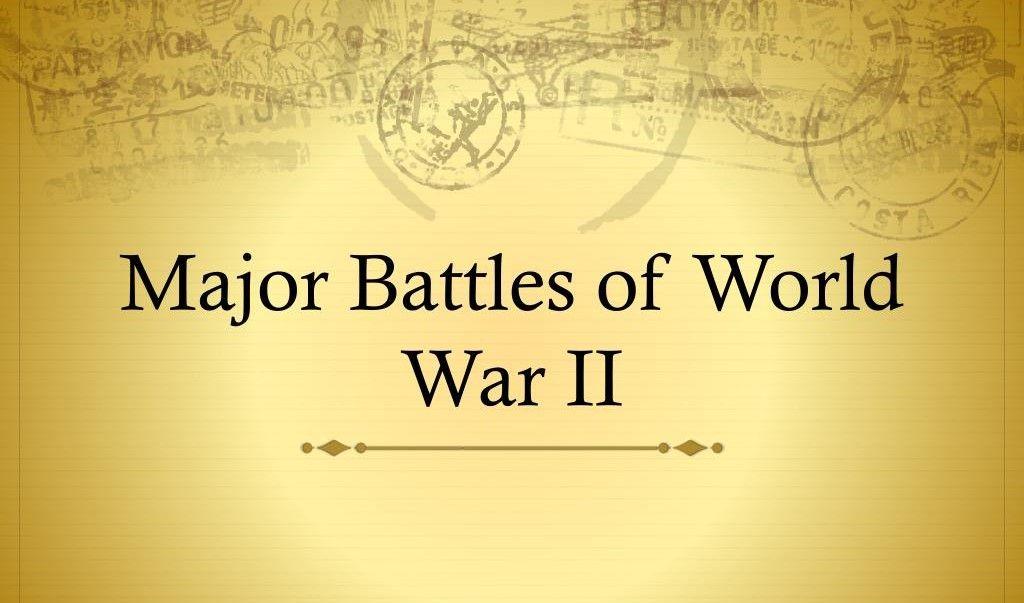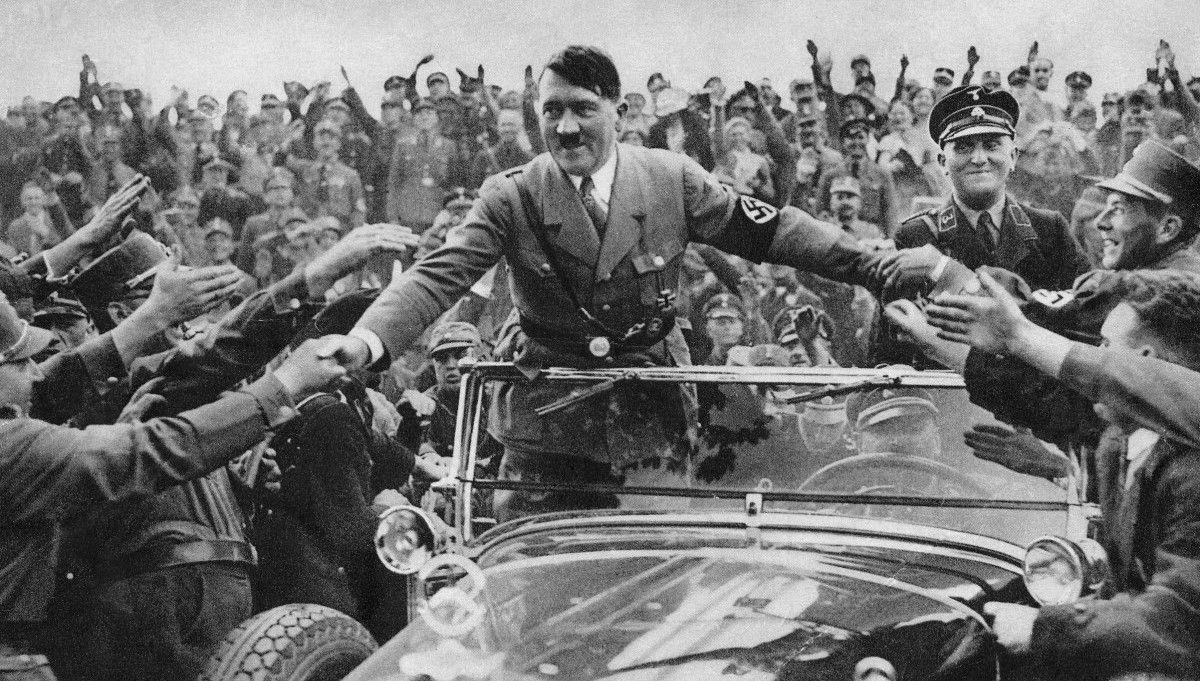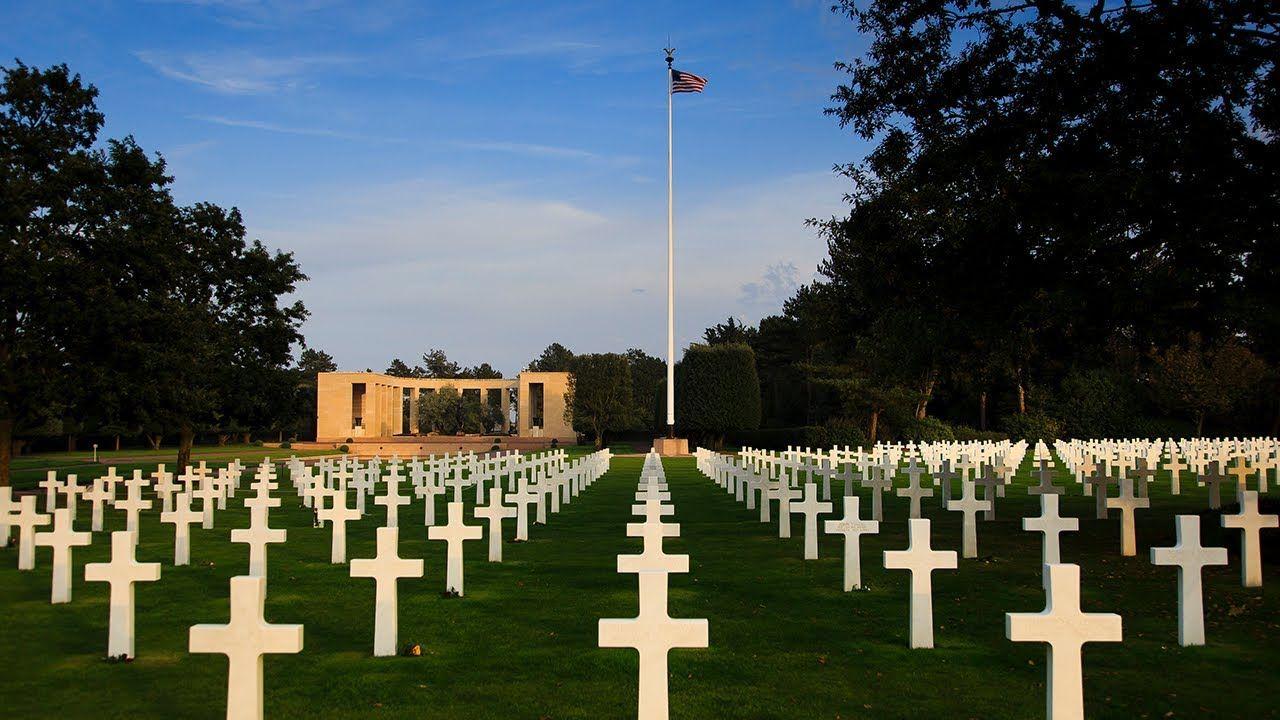World War II, a global conflict that lasted from 1939 to 1945, was marked by the actions of prominent leaders whose decisions shaped the course of history. This blog delves into the lives and critical decisions of key figures such as Winston Churchill, Franklin D. Roosevelt, Joseph Stalin, Adolf Hitler, and Emperor Hirohito.
Profiles of WWII Leaders: Pivotal Decisions
History • 23 Jan, 2024 • 37,349 Views • ⭐ 5.0
Written by Anand Swami

Their leadership, policies, and personalities played pivotal roles in the war's trajectory, influencing both the battlefield and the home front. We explore the complexities of these leaders, uncovering their impacts on WWII.
Winston Churchill

Winston Churchill, serving as British Prime Minister from 1940 to 1945 and again from 1951 to 1955, was a defining figure in British leadership during World War II. Known for his unwavering resistance against Nazi Germany, Churchill's powerful speeches and broadcasts were crucial in rallying the British public during times of adversity, especially during the London Blitz. He was a strong advocate of the "special relationship" between the United Kingdom and the United States, which was instrumental in securing American support through the Lend-Lease program.
HISTORY QUIZ • 10 QUESTIONS • 2 MINS
We've got a History quiz for you!
TAP TO PLAY

Churchill was also a central figure in the planning of several key military operations, including the North African Campaign, the invasion of Italy, and the D-Day landings in Normandy. Post-war, he played a significant role in laying the groundwork for the United Nations and warning about the rise of the Soviet Union in his famous "Iron Curtain" speech.
Franklin D. Roosevelt

Franklin D. Roosevelt, the longest-serving American President, led the United States through the Great Depression and most of World War II. His New Deal reforms had revitalized the American economy, preparing it for the wartime production surge. Roosevelt's diplomatic skills were essential in maintaining the Grand Alliance with the UK and the Soviet Union, despite differing ideologies.
He played a key role in the establishment of the Atlantic Charter in 1941, which outlined the Allies' post-war aims. Under his leadership, the U.S. became the "Arsenal of Democracy," supplying critical military aid to Allied nations. Roosevelt's death in April 1945, just months before the war's end, marked the end of an era in American politics.
Joseph Stalin

Joseph Stalin's leadership during WWII was marked by both strategic ruthlessness and significant military achievements. After surviving the initial shock of Operation Barbarossa, the Nazi invasion of the Soviet Union in 1941, Stalin oversaw a war effort of unprecedented scale. His policies, including the forced relocation of entire populations and the utilization of scorched earth tactics, were controversial yet played a part in halting the Nazi advance.
The Battle of Stalingrad, under his command, was a turning point in the war and is often cited as one of the bloodiest battles in human history. Post-war, Stalin's vision of a Soviet sphere of influence led to the establishment of communist regimes in Eastern Europe, laying the groundwork for the Cold War.
Adolf Hitler

Adolf Hitler's leadership of Nazi Germany was marked by a lethal combination of charismatic authority and destructive, ideologically driven policies. His early foreign policy successes, like the annexation of Austria (Anschluss) and the Sudetenland, emboldened his expansionist agenda. However, his decision to invade the Soviet Union in 1941 and the declaration of war on the United States later that year were strategic blunders that ultimately led to Germany's defeat.
Hitler's fanatical pursuit of the "Final Solution" led to the Holocaust, one of the most horrific genocides in history, systematically murdering six million Jews, along with millions of others deemed undesirable by the Nazi regime. Hitler's suicide in April 1945 marked the imminent end of the Third Reich.
Emperor Hirohito

Emperor Hirohito's role in Japan during WWII has been a subject of considerable historical debate. He was considered a divine figure and a constitutional monarch with limited political power. However, recent studies suggest he had more influence on military matters than previously thought. Hirohito presided over Japan's expansionist phase, which included the invasion of Manchuria in 1931, the Second Sino-Japanese War starting in 1937, and the eventual attack on Pearl Harbor in 1941.
Post-war, Hirohito's public declaration of Japan's surrender was a monumental event in Japanese history, breaking centuries-old traditions of imperial silence. His role in post-war Japan was significant in transitioning the country to a constitutional monarchy and rebuilding its international reputation.
Benito Mussolini

Benito Mussolini, the founder of Fascism, led Italy from 1922 to 1943. His early conquests in Ethiopia (1935-1936) and Albania (1939) were aimed at building an Italian empire. However, his decision to enter WWII on the side of Nazi Germany in 1940 was driven more by opportunism than readiness. Italy's military campaigns in North Africa and Greece were disastrous, requiring German assistance.
Mussolini's regime was marked by brutal repression and the implementation of anti-Semitic laws. His downfall began in 1943 when the Allies invaded Sicily, leading to his arrest and the subsequent armistice with the Allies. He was later captured and executed by Italian partisans in 1945.
Charles de Gaulle

Charles de Gaulle emerged as a leader of the Free French forces after the fall of France in 1940. His famous appeal on June 18, 1940, broadcast from London, called on the French people to resist German occupation. De Gaulle's leadership was key in organizing the French Resistance, which played a vital role in gathering intelligence and sabotaging German operations.
His efforts were crucial in ensuring that France was recognized as an Allied power and not a defeated nation. De Gaulle's vision of a free and independent France was realized when he led the Free French forces during the liberation of Paris in August 1944.
Harry S. Truman

Harry S. Truman, who assumed the U.S. presidency after Roosevelt's death, faced the daunting task of concluding the war. His decision to use atomic bombs against Japan in August 1945 remains one of the most debated decisions in military history, intended to avoid a prolonged and costly invasion of Japan.
Truman played a significant role in the Potsdam Conference, where he met with Churchill and Stalin to discuss post-war Europe's reorganization. His presidency marked the beginning of the Cold War era, with the implementation of the Truman Doctrine and the Marshall Plan, which aimed to contain Soviet expansion and rebuild war-torn Europe.
Neville Chamberlain

Neville Chamberlain's tenure as British Prime Minister is often overshadowed by his policy of appeasement towards Adolf Hitler. His signing of the Munich Agreement in 1938, which was initially celebrated as a peaceful resolution, is now widely viewed as a naïve concession that emboldened Hitler.
Chamberlain's belief that he had secured "peace for our time" was shattered with the German invasion of Poland in 1939, leading Britain into the war. His resignation in 1940 paved the way for Churchill's leadership during Britain's most challenging era.
Hideki Tojo

Hideki Tojo, as Prime Minister of Japan from 1941 to 1944, was a staunch supporter of military expansionism. He played a pivotal role in Japan's decision to join the Axis powers and in planning the attack on Pearl Harbor, believing a preemptive strike would cripple U.S. Pacific forces. Tojo's time in office was marked by the intensification of the war in Asia and the Pacific, including the brutal policies in occupied territories. His government's refusal to surrender even after the atomic bombings led to Japan's ultimate defeat. Post-war, Tojo was arrested, tried by the International Military Tribunal for the Far East, and executed for war crimes.
Conclusion
The leaders of WWII were a diverse group, each shaping the course of the war through their decisions and ideologies. Their actions led to immense suffering but also pivotal moments that have defined modern history. From Churchill's defiance to Roosevelt's mobilization, Stalin's resilience to Hitler's tyranny, and Hirohito's eventual surrender, these leaders' impacts are profound and lasting. Understanding their roles provides valuable insights into the complexities of leadership, warfare, and diplomacy in one of history's most tumultuous periods.
Test your knowledge of History! Visit:
https://4123.play.quizzop.com/history-quiz/category
Rate this article
Other articles you may like
5 Iconic Museums of Modern Art in the World
History • 14 Aug, 2023 • 64,702 Views
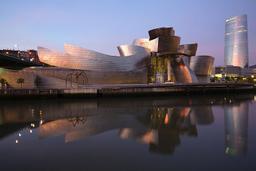
Top 5 Cities with Impressive Streets in the World
History • 14 Aug, 2023 • 62,616 Views

7 Architectural Wonders of the Middle East
History • 14 Aug, 2023 • 63,782 Views

The 5 Most Ancient Temples in Tamil Nadu
History • 9 Aug, 2023 • 42,338 Views

Top 6 Mughal Architectural Wonders in India
History • 9 Aug, 2023 • 39,048 Views


